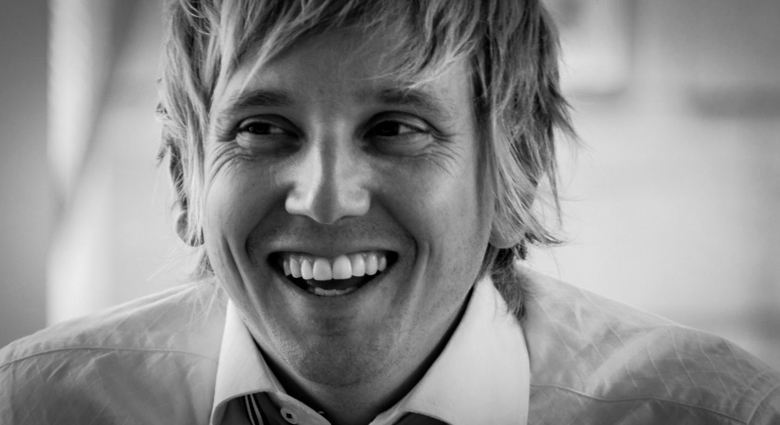After eleven years in business and hundreds of innovations, we can still confidently say that our proudest achievement at method remains our first: launching a company with a social mission to do good in the world. It was the right thing to do for society and the planet, and we've proven that it's also the right thing to do for the bottom line. The rapid expansion of media transparency is producing increasingly well-informed and discriminating consumers. Similarly, the influx of socially and environmentally conscious Gen Y-ers into the workforce is redefining the war for talent. These two shifts challenge most established businesses -- but they're also significant competitive advantages to mission-driven companies.
The rapid expansion of media transparency is producing well-informed discriminating consumers
Having a purpose larger than profits has been key to method’s success. By contrast, most corporate values are just that--the values of the corporation. No matter how much ambition, camaraderie, and loyalty an employee brings to work, no one is taking those corporate values home to share with friends and family. But those same values become immeasurably more meaningful when they're tied to a higher purpose.
It's human nature to want to be a part of something bigger than oneself. It’s remarkable how many cover letters we get that open with lines like, "My goal is to work for a values- and mission-driven business." But working with purpose and values isn't just a matter of individual growth; finding meaning in work is central to a strong corporate culture.
It's also what keeps people motivated despite the rigors of a start-up environment. Working for the common good helps us put ego aside and work collaboratively as a team, and that sense of continuity, familiarity, and trust spills over into every discipline in the company. Within a start-up, resources are scarce and growth requires every team member to punch above their weight by doing the job of three people. (Okay, maybe four.) Financial motivation can only sustain people for so long (we can all sprint for a little while) and we have seen people quickly burn out if their personal values and motivations are not well aligned with ours.
Building a shared social mission requires a different leadership style, and staying true to our mission takes constant work and reinforcement. One of the ways we do this is by starting every week with a Monday morning company-wide ‘huddle’ where we read an advocate letter to reinforce who we work for (our customers) and how we are contributing to society. At our twice yearly company off-site meetings, we dedicate a large percentage of time reflecting on our missions and values. But there is no substitute for walking the walk everyday -- that's what makes a mission contagious. Just recently my co-founder, Adam Lowry lead a team of people to collect ocean plastic debris to be recycled into our products while I was in Detroit exploring how the urban art movement could be supported by our upcoming Design Series product.
Building a shared social mission calls for a new leadership style & constant reinforcement
Most importantly, creating a culture around a shared purpose means getting the right people to join who truly share your passion and mission. This can't be faked. At method, we do this with a fairly extensive interview process that ends with a homework assignment. This project is essentially a live audition that allows us to test the chemistry of a prospective hire. The last question of the homework is always the same – “how will you help keep method weird?” At most companies you arrive to work every morning as your 'professional' self and leave your ‘personal’ self at home. At method, we want you to come to work as your true self.





.png)
%20(1).png)



What Did You Think?